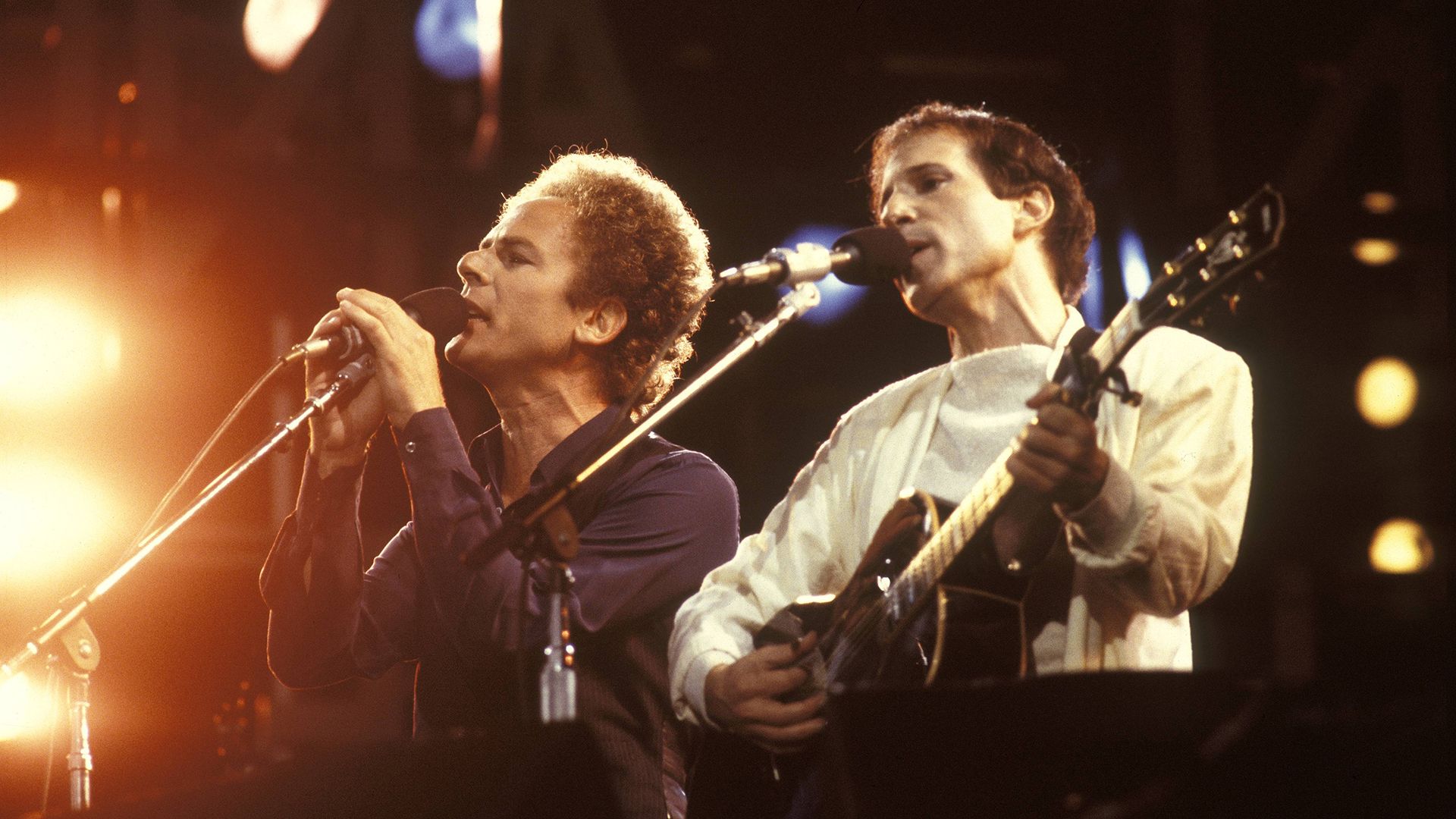“Mrs. Robinson” – Simon & Garfunkel’s

Simon & Garfunkel’s “Mrs. Robinson”: A Timeless Reflection of a Changing Era
Released in 1968, “Mrs. Robinson” by Simon & Garfunkel became one of the duo’s most iconic songs, encapsulating both the personal and cultural anxieties of the 1960s. Written by Paul Simon, the song gained widespread fame after being featured in the hit film The Graduate (1967), which starred Dustin Hoffman and Anne Bancroft. Its catchy melody, folk-rock sound, and enigmatic lyrics have cemented it as a timeless piece of American music history.
Lyrically, “Mrs. Robinson” weaves together themes of disillusionment, nostalgia, and existential questioning. The song references the character of Mrs. Robinson from The Graduate, a middle-aged woman having an affair with a younger man. However, its lyrics are more abstract than a direct commentary on the plot of the film. Lines like, “Where have you gone, Joe DiMaggio? / Our nation turns its lonely eyes to you,” evoke a longing for past icons and simpler times, reflecting the cultural changes and uncertainties of the 1960s. This era was marked by the Vietnam War, political unrest, and shifting social norms, making the song a subtle commentary on the search for stability in turbulent times.

Musically, “Mrs. Robinson” is a perfect blend of folk and rock, a hallmark of Simon & Garfunkel’s style. The song features Simon’s acoustic guitar riff, which forms the backbone of the track, combined with Garfunkel’s soothing harmonies. The production is rich and textured, with a blend of percussion, bass, and electric guitar that adds depth to the otherwise acoustic foundation. The upbeat tempo and catchy melody contrast with the song’s more introspective lyrics, creating a dynamic and engaging listening experience.

The vocal performance by Paul Simon and Art Garfunkel is one of the song’s standout features. The duo’s harmonies are seamless and expressive, adding a layer of emotional resonance to the lyrics. Their delivery is both wistful and hopeful, capturing the tension between nostalgia for the past and the uncertainties of the future. This emotional complexity gives the song its lasting impact, making it both accessible and profound.

“Mrs. Robinson” quickly became a cultural touchstone, resonating with audiences who identified with its themes of alienation and longing. Its inclusion in The Graduate further solidified its place in pop culture, as the film itself was emblematic of a generation grappling with new ideas about love, identity, and societal expectations. Over the decades, the song has continued to be celebrated for its timeless quality and its ability to evoke both personal and collective reflections on change.

In conclusion, Simon & Garfunkel’s “Mrs. Robinson” is a masterful fusion of folk-rock music and introspective lyrics that reflects the cultural landscape of the 1960s. Through its memorable melody, subtle commentary, and evocative harmonies, the song remains an enduring classic that continues to resonate with new generations. Its lasting legacy is a testament to the power of music to capture the complexities of a particular moment in time while remaining relevant for years to come.











